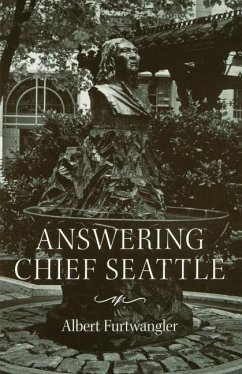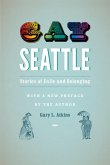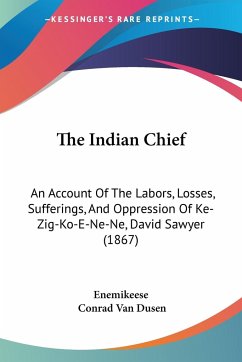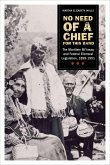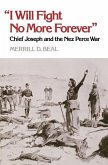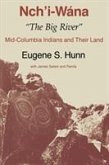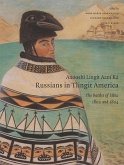"At night, when the streets of your cities and villages shall be silent, and you think them deserted, they will throng with the returning hosts that once filled and still love this beautiful land. The white man will never be alone. Let him be just and deal kindly with my people, for the dead are not altogether powerless." Thus ends a famous American speech -- and a symbolic encounter between indigenous America, represented by Chief Seattle, and industrialized or imperialist America, represented by Isaac I. Stevens, the first governor of Washington Territory. The speech was first published in a Seattle newspaper in 1887 by a pioneer who claimed he had heard Seattle (or Sealth) deliver it in the 1850s. Over the years it has been embellished, popularized, and carved into many a monument, but its origins have remained inadequately explained. No other record of the speech has been found, and Isaac Stevens's writings do not mention it. Yet it has long been taken seriously as evidence of a voice crying out of the wilderness of the American past. Answering Chief Seattle presents the full and accurate text of the 1887 version and traces the distortions of its textual transmission in order to explain the many layers of its mystery. This book also asks how the speech could be heard and answered, by reviewing its many contexts -- the expansion policies of the United States that led Isaac Stevens to confront the Indians of Puget Sound; Stevens's professional and personal ambitions; other writings by the pioneer who first published the speech; and writings by Thomas Jefferson, Walt Whitman, and Nathaniel Hawthorne on Native Americans and American identity. Mid-century ideas about land, newcomers, ancestors, and future generations informed the ways Stevens and his contemporaries understood Chief Seattle, and recreated him as a legendary figure. "A very solid and exciting book about the meaning of the Indian-white encounter during the 19th century." -- William L.
Hinweis: Dieser Artikel kann nur an eine deutsche Lieferadresse ausgeliefert werden.
Hinweis: Dieser Artikel kann nur an eine deutsche Lieferadresse ausgeliefert werden.

